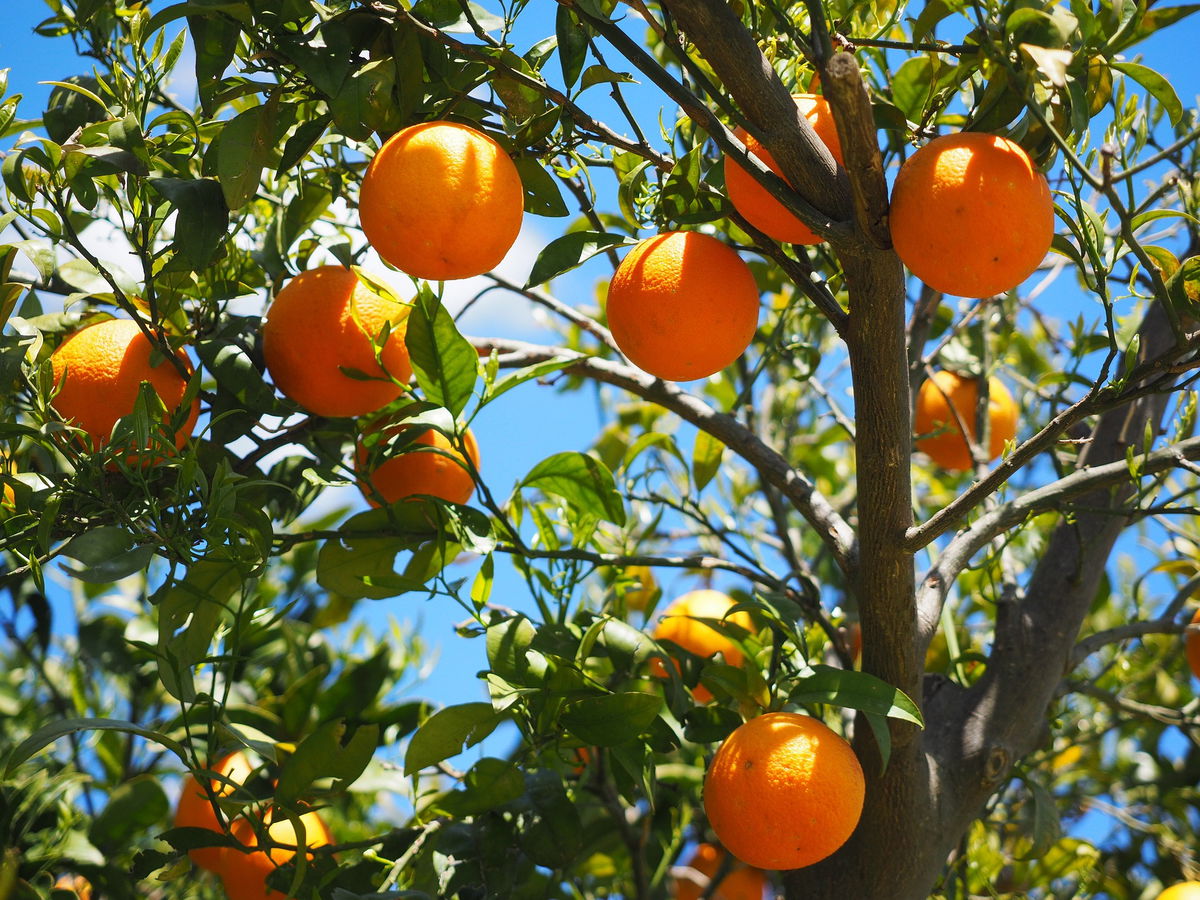County officials find six citrus pests with insect traps in Arroyo Grande, begin control efforts

SAN LUIS OBISPO COUNTY, Calif. – County officials detected six adult Asian Citrus Psyllids (ACP) with an insect trap in Arroyo Grande – these pests are a serious concern to California's commercial citrus groves and trees according to the California Department of Food and Agriculture (CDFA).
ACP is responsible for spreading Huanglongbing, also called "Citrus Greening Disease," a plant disease that causes the fruit to become misshapen and bitter and is fatal to citrus trees, according to the CDFA.
The SLO County Department of Agriculture / Weights and Measures said control efforts will soon take place in and around the residential neighborhood in Arroyo Grande where ACP was detected.
Officials said this detection prompted high density trapping delimitation surveys of surrounding areas that will be conducted by CDFA and the County Agricultural Commissioner's office in the coming weeks.
“Citrus Greening is an incurable disease that kills citrus trees," said Martin Settevendemie, County Agricultural Commissioner. "If spread tree to tree by the Psyllid, this disease would have devastating impacts on our local citrus industry and backyard citrus.”
This is the first detection of adult ACP in Arroyo Grande West of Highway 101 since December 2017 and the third detection of 2022, according to the department.
County officials said two Arroyo Grande sites were found with ACP in summer of 2022 near Highway 227, but intensive surveys and treatments were conducted, and no ACP has been found since treated.
"The first detection of ACP in California occurred in San Diego County in 2008," the county wrote in a press release. "Since then, it has spread throughout Southern California, and has been found and treated in the Central Valley and many other Northern counties."
The CDFA said Citrus Greening Disease has been found on citrus trees in backyard settings in local counties, and eradication efforts are being conducted.
"However," said Settevendemie, "county officials cannot do this job alone."
The county provided the following efforts that community members can practice to protect backyard citrus trees and the local citrus industry:
- Buy Local. Purchase citrus trees from reputable local sources selling plants that have been produced in approved nurseries. Citrus fruit is safe to eat. Support local growers by purchasing fruit from local supermarkets or Farmers’ markets.
- Do not transport citrus plants or plant parts into the county from other areas.
- Check residential landscaping often for signs of unusual symptoms or strange insects. Contact the local University of California Cooperative Extension’s Master Gardener Program at 805-781-5939 for help identifying unusual plant symptoms or pests.
- If asked, allow the Agricultural Commissioner’s staff to place an insect trap in your yard and cooperate with officials if it becomes necessary to exclude or eliminate Asian Citrus Psyllid from San Luis Obispo County.
For more information about the Asian Citrus Psyllid, click here to visit the CDFA website on ACP.
